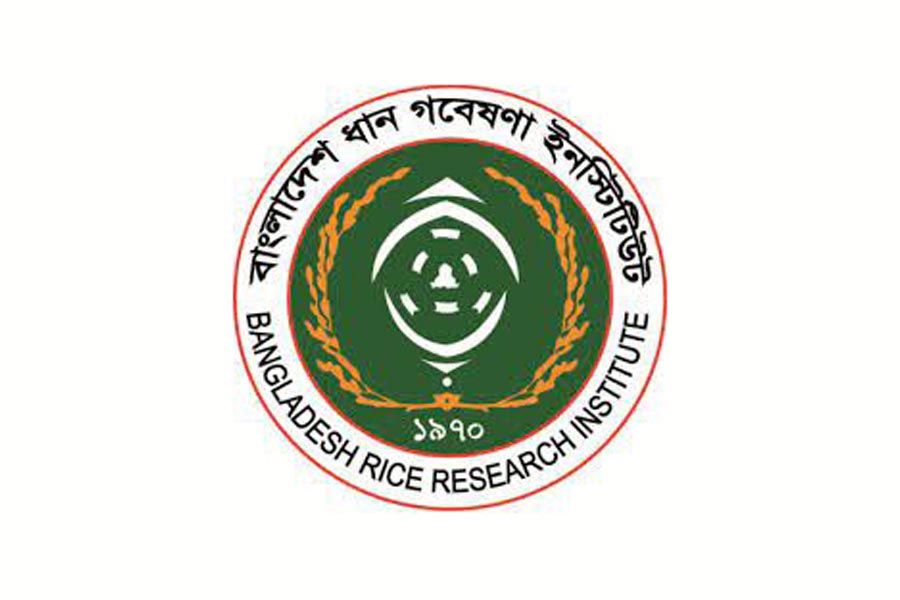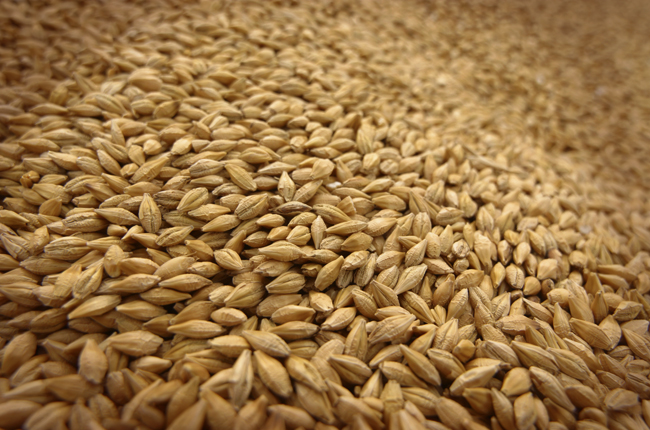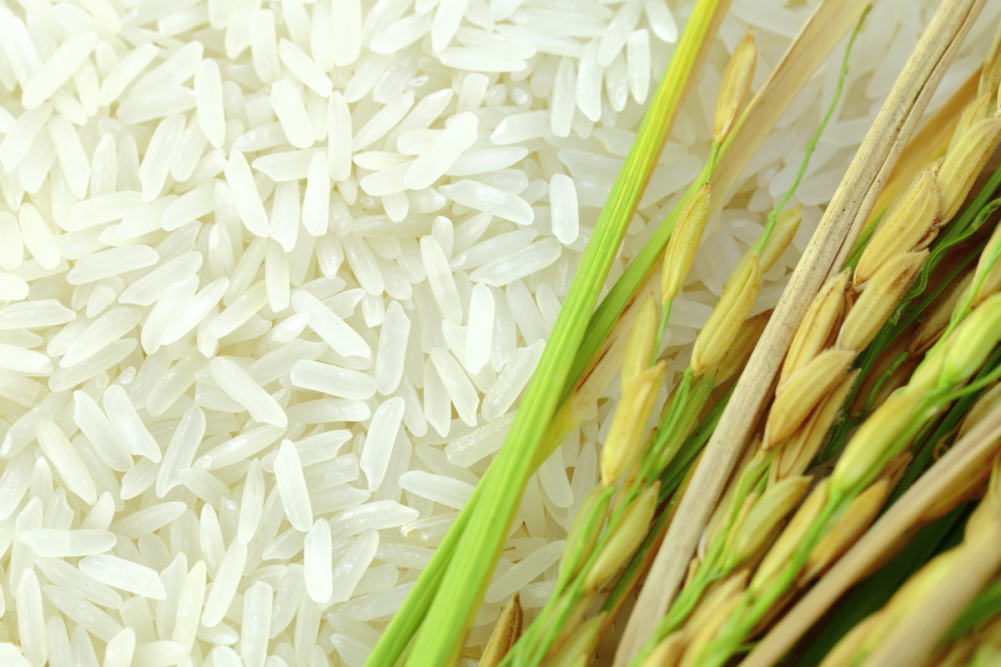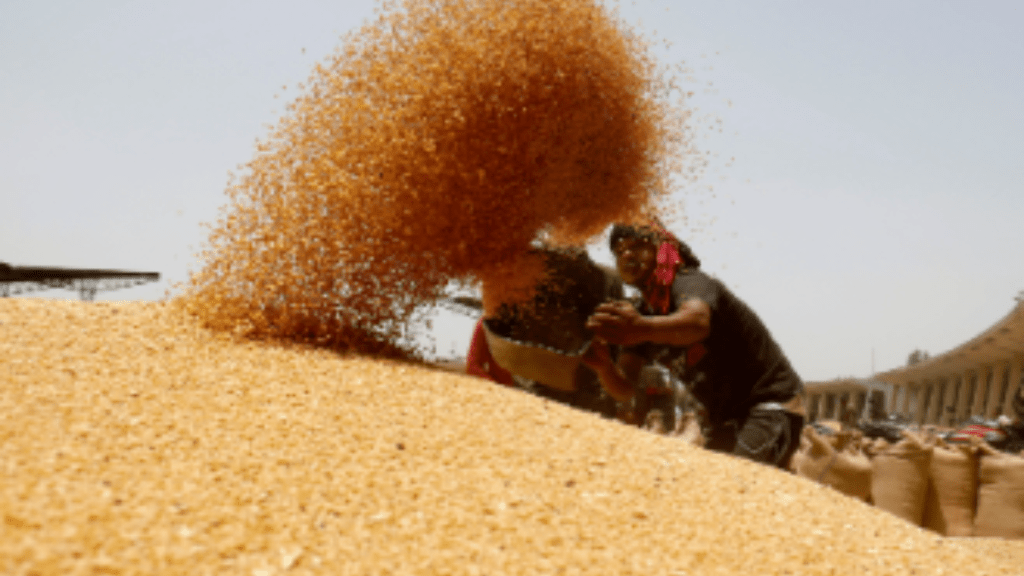Tags
63 rice verities invented in 14 years

Bangladesh Rice Research Institute (BRRI) invented 113 rice verities since independence while 63 of these high-yielding verities were introduced in the past 14 years, which are currently contributing 91 per cent output of the staple food, officials said.
“The verities we have introduced in the past 14 years are stress-tolerant and environment-friendly and these are major contributors to the country’s total rice production,” Director General of Bangladesh Rice Research Institute (BRRI) Dr Mohammad Shahjahan Kabir said.
He attributed the development to the government’s “agriculture-friendly” policy and particularly enhanced budgetary allocation for research “as a result which rice production has been steadily increasing annually by around 6.6 lakh tonnes from 2010”.
“As a matter of fact, until 2009, BRRI had to carry on its research works with the residual money allocated for different non-rice crop projects or amounts provided by international organizations like IRRI or IFERI under joint projects,” he said.
The government started providing money to BRRI for rice research, which enabled the country to bring under rice cultivation nearly 80 per cent of the country’s arable land including landmass exposed to salt, drought and submerged in different climatic conditions.
According to BRRI officials of the 63 verities, 24 are tolerant to salt, three each to draughts and floods, two to tidal surges, and several are simultaneously tolerant to different such conditions.
They said several of the verities contained “basmati” type “premium qualities”, zinc to fight malnutrition, diarrhoea and pneumonia; or induced with elements favourable for diabetic patients.
Before 2009-2010, Bangladesh used to produce less than three tonnes of rice on average rice production in per hectare. It has now reached nearly four tonnes.
“This also disproved an assumption that the rice production in Bangladesh has reached to its optimum level,” the BRRI chief said.
BRRI’s Plant Breeding Division head Dr Khondoker Mohammad Iftekharuddoula supplemented Kabir saying “the yield-ceiling concept (of rice) has been proved obsolete”.
“We already have released BRRI Dhan-93 as the topmost high yielding variety with over 4 tonnes per unit production . . . we await the coming boro season to introduce two short life-cycle HYVs which we named BRRI Dhan-96 and 88,” he said.
Iftekharuddoula, who is also BRRI’s chief scientific officer or CSO, said Bangladesh’s rice production exceeded 4 crore tonnes in 2021-22, which took the country to the topmost position in terms of rice yield in South Asia and third in ranking across the world.
Agriculture ministry and the agriculture extension department (DAE) officials, meanwhile, say that keeping pace with the enhanced rice yields thanks to the introduction of the new HYVs, the country’s rice storage facilities have been expanded as well as part of the total food security campaign.
“The silos can now stock nearly 30 lakh tonnes of crop or grain, whereas the country’s grain storage capacity was as high as 12 lakh tonne in 2009,” a food ministry spokesman said.
The record suggests Bangladesh became self-sufficient in rice production in 1999, but the yield could not kept in subsequent years due to policy issues and natural disasters while the country again became self-sufficient in food in 2013.
https://thefinancialexpress.com.bd/national/govt-directs-to-intensify-field-level-monitoring-on-onion-pricesPublished Date: December 11, 2023






